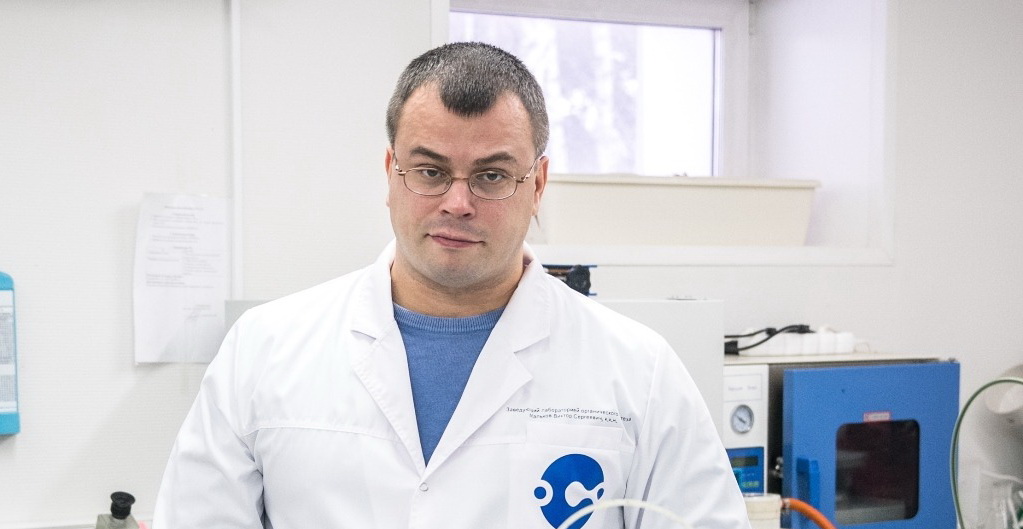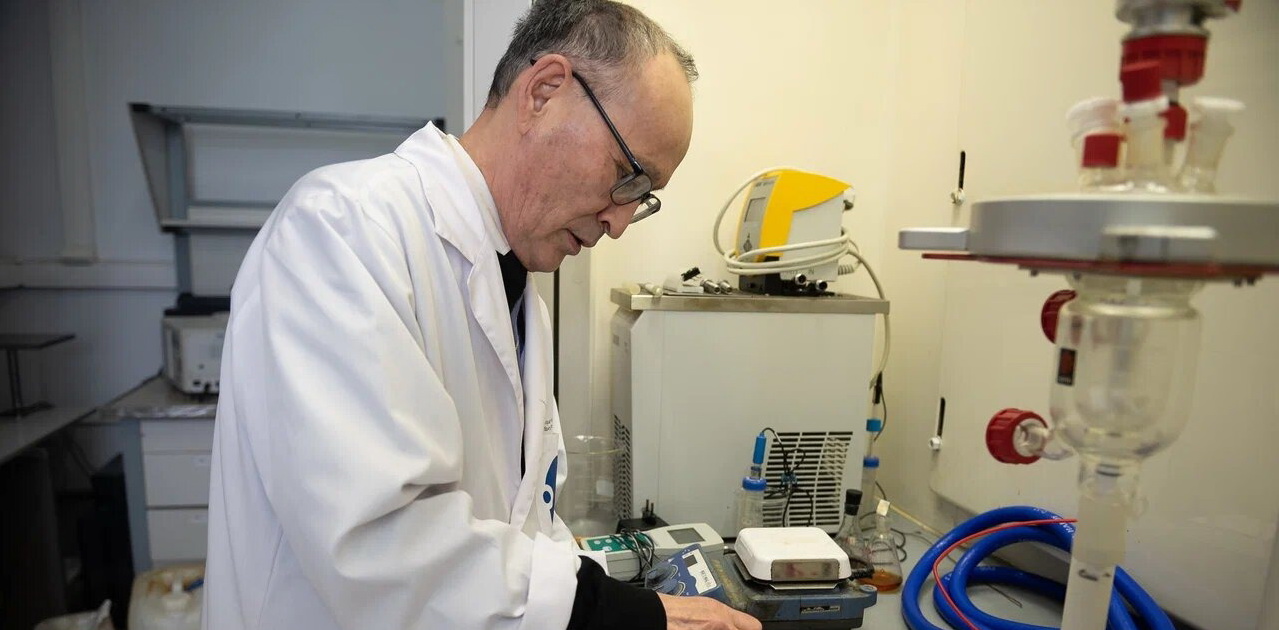In the first three months of 2022, about 1 billion pharmaceutical products underwent packaging in Russia. Domestic production takes more than half of the pharmaceutical market in the country, but it is too early to talk about economic independence: many production components are still being imported from abroad. Tomsk chemists are working on this as much as they can: jointly with a partner from the industrial sector, they are testing an analog of an imported polymer that binds the insides of a tablet and helps it to be properly absorbed.
How a medical tablet works
An active drug is not the only component in a tablet that resolves a patient's issue. A tablet is mainly comprised of various fillers bound by a special water-soluble polymer—polyvinylpyrrolidone (PVP). It also helps the active drug to disintegrate properly, that is, to be released exactly in the right place with the right timing (within the gastric and intestinal fluids, lymph, plasma), not immediately when entering the gastrointestinal tract.
Commercially, this polymer is known as povidone: Russian pharmaceutical plants purchase it from the US, Germany, China, and other manufacturers. To be more accurate, they used to purchase it. Due to economic sanctions, it can be officially imported only from China—with European production entering Russia through Kazakhstan via quasi-legal mechanisms. The latter is still on its way... And China is already reducing exports of a number of chemical compounds and products, given that it strives to enclose the enterprises of nationwide importance—everything should stay in-house!
Suppliers in Russia sell PVP for $30 per kilogram, and the domestic industry demands hundreds of thousands of tons per year.
“We started working on povidone's analog a couple of years ago on our own volition, so to speak. Our staff members with their inquisitive minds constantly plunge into the depths of organic chemistry and bring out amazing findings. By working on a fundamental experiment, where we tried to obtain certain polymers for various needs, we got a substance very similar in properties to povidone. We offered our long-time friends at partners at J.S.C. Organica—manufacturer of pharmaceutical products in Novokuznetsk—to test the substance. They did the trial experiments and agreed to continue development,” comments the head of the Laboratory for Organic Synthesis of the TSU Faculty of Chemistry, Viktor Malkov.

How a new substance is incorporated into production cycle
In the pharmaceutical industry it is critical that all components used in the production of solid and liquid dosage forms are perfectly clean. We are talking about the life and health of human beings, so it's not enough just to obtain a substance—the major problem is to purify it as much as possible.
For the last year and a half, the team of the TSU Laboratory for Organic Synthesis has been working on purification technologies. They are not universal and require some "chemical creativity". The work cycle requires constant interaction with the partner: having made a batch of polymer (about a hundred grams), chemists send it to the laboratory of J.S.C. Organica, where they conduct tests and send a report back to Tomsk. Scientists observe irregularities that might occur (change of color or transparency of a polymer solution), look for ways to solve them, rinse and repeat. Repeated attempts help refine the technology and avoid serious difficulties during scaling, when tens of kilograms of substance are put in a reactor.

“Thanks to our expertise and a well-equipped laboratory, we are gradually overcoming the ‘synthetic’ challenges: the ratio between reagents, the most fitting temperature and time for a reaction, etc. Organic chemistry is full of surprises: you might think you did everything 'according to the book', but you maintain a reaction for just a little too long, and the product starts deteriorating... We are finally at the final step of testing conducted in accordance to all GMP (Good Manufacturing Practice) standards. We plan on getting a patent, as chemical tests are almost completed. Then it is up to biologists: the polymer needs to be tested for biosafety. Next, the technology will be transferred to the TSU Engineering Center of Chemical Technology—our partner in introducing new products. We can confidently say that the quality of our polymer is on par with that of international counterparts. It will be cheaper since it is synthesized using Russian raw materials.”
According to the director of the TSU Engineering Center of Chemical Technology, Aleksey Knyazev, all potential consumers have been notified of the near completion of testing. All Russian pharmaceutical enterprises have been informed that Tomsk is ready ready to start production and arrange the supply of the new substance that is in high demand and could potentially become scarce in the near future.